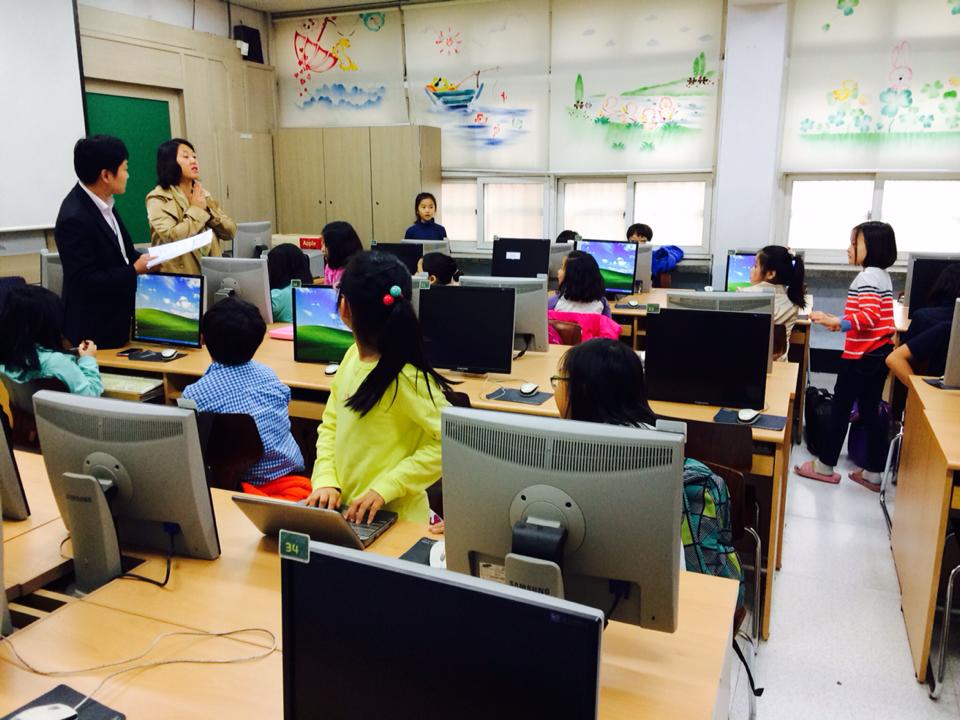The Peninsula
Changes to the School Calendar Still Off-limits

This briefing comes from Korea View, a weekly newsletter published by the Korea Economic Institute. Korea View aims to cover developments that reveal trends on the Korean Peninsula but receive little attention in the United States. If you would like to sign up, please find the online form here.
What Happened
- On March 21, South Gyeongsang Province Governor Kim Kyoung-soo voiced support for moving the start of the school semester from March to September.
- The start of the new school semester has already been postponed due to the coronavirus.
- The media immediately raised concerns regarding the Autumn semester system. President Moon Jae-in responded that discussions on this issue “are not desirable.”
Implications: Just as the current administration is using the lessons from the 2015 MERS outbreak in its public health response, other prior experiences of the Korean government are shaping public policies aimed at ameliorating the social impact of the pandemic. The debate around the public school calendar is the most telling example of the government’s use of past experiences. When asked whether he thinks the changes to the school semester would be appropriate, President Moon avoided answering the question. He is likely benchmarking the experiences of previous administrations that received pushback on similar proposals.
Context: Unlike most other OECD countries, South Korea’s new semester begins in March. Believing that more international students might come study in Korea if its school calendar was more similar to other countries, Presidents Park Geun-hye and Roh Moo-hyun have considered introducing a new school calendar that would begin in August. However, both attempts failed because of the enormous cost associated with such a change. According to the Korean Educational Development Institute (KEDI), the cost of such reforms will amount to 10.43 trillion won (~USD 10 billion). Much of the added cost will go towards hiring new teachers and classes.
In addition, many cited potential social confusion if the school calendar was changed as the schedule of entrance exams, employment period, and budget planning calendars are all built around the current school semester system.
Korea View was edited by Yong Kwon with the help of Gordon Henning, Soojin Hwang, Hyungim Jang, and Ingyeong Park.
Picture from flickr user Ji Sun Lee
